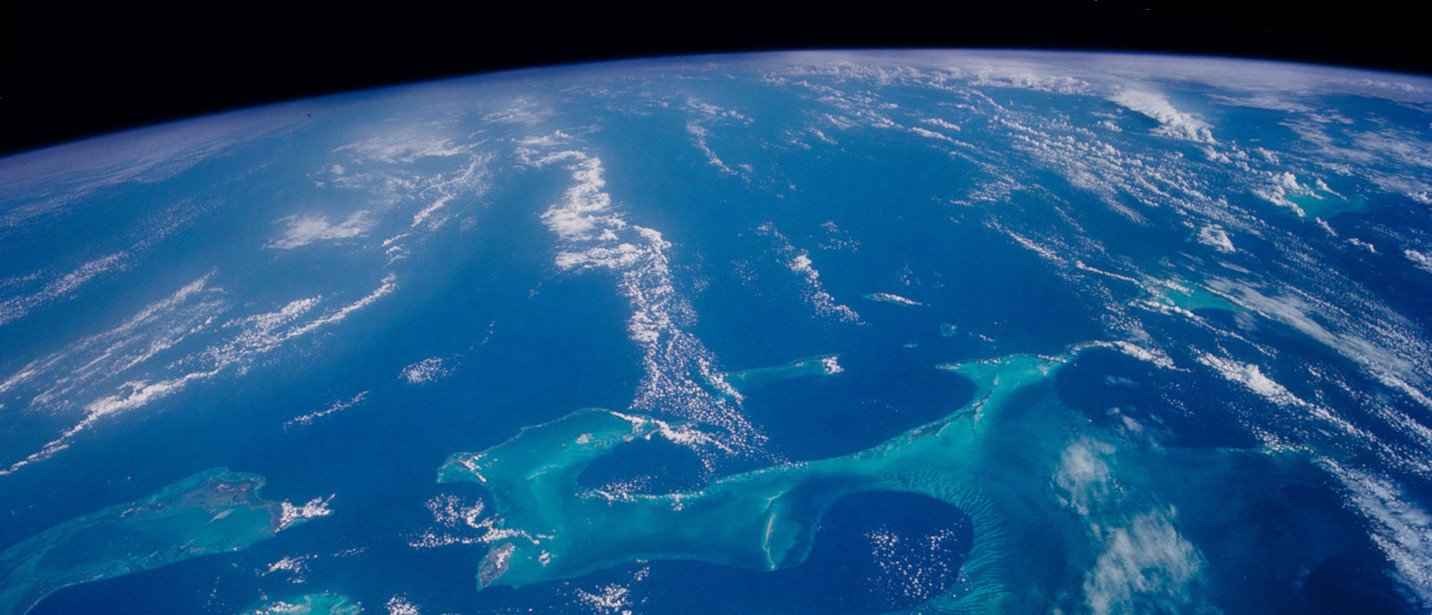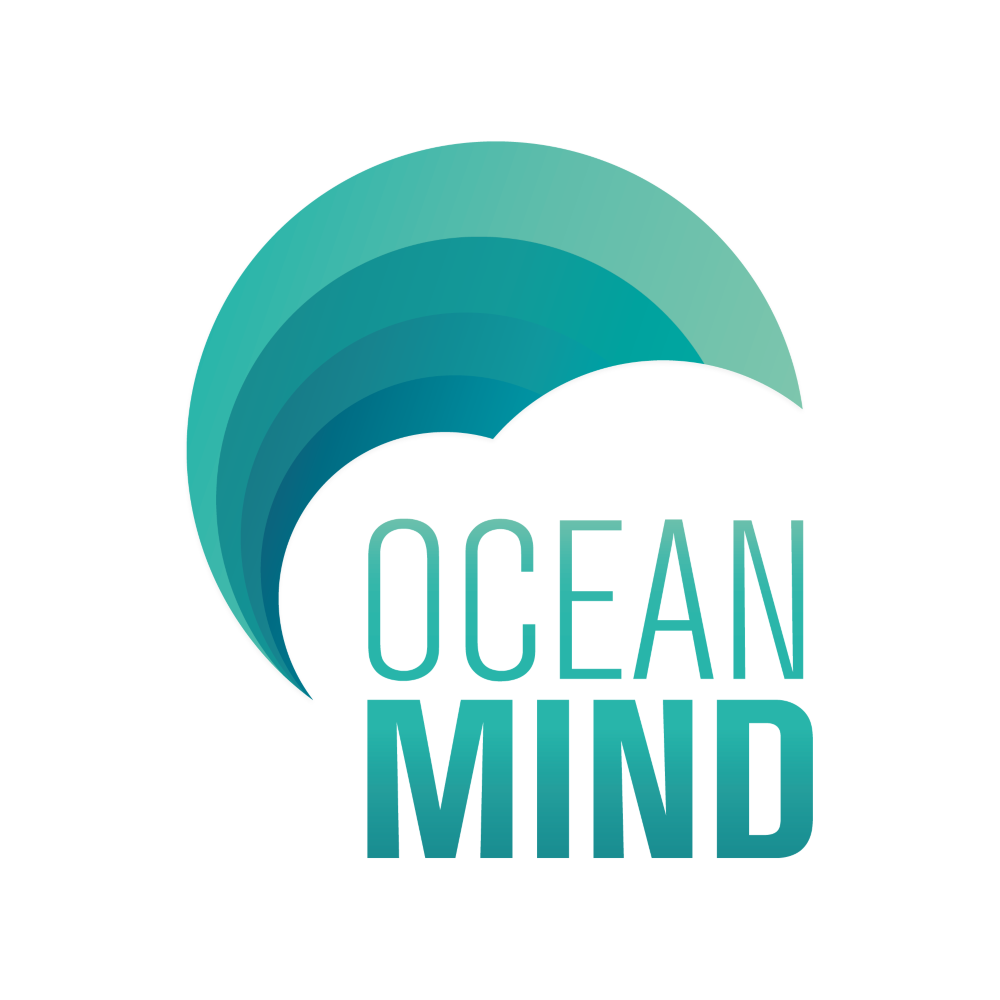
OceanMind’s History
The OceanMind Story
The spark that became OceanMind arose in 2013 from a workshop held by the Satellite Applications Catapult. There, a representative of Pew Charitable Trusts asked how satellites can help with the problem of illegal fishing. The resulting conversation grew into a partnership to explore technological solutions to this global issue.
This technology demonstrator developed into a global capability that incorporated machine learning algorithms to automatically identify fishing activity and generate alerts so that expert users could investigate illegal fishing. Our first analyst joined in 2015 and the technology was refined whilst monitoring protected areas for several small island developing states around the world, under project ‘Eyes on the Seas’. This initial partnership was hugely successful and was even recognised by then US Secretary of State, John Kerry, as one of the most innovative solutions that would help address global ocean challenges in his closing speech at Our Ocean 2016.
The 5-year partnership culminated in the launch of OceanMind as an independent not-for-profit organisation in 2018, with the Satellite Applications Catapult, Pew Charitable Trusts, and the Draper Richards Kaplan Foundation as founding funders. With a team of 10 we monitored thousands of vessels around the world.
Now in 2023, OceanMind has projects in every ocean basin, monitoring tens of millions of square kilometres of ocean, almost 5 million square kilometres of which are in marine protected areas, and the compliance of tens of thousands of vessels globally, in real time. We provide direct enforcement support to governments all around the world, and verify the legality of hundreds of millions of dollars of tuna imports for international seafood markets.
As we begin the United Nations Decade of Action and the drive towards “30 by 30” to protect 30% of the ocean by 2030, OceanMind is poised to fundamentally change how humanity affects the ocean.

